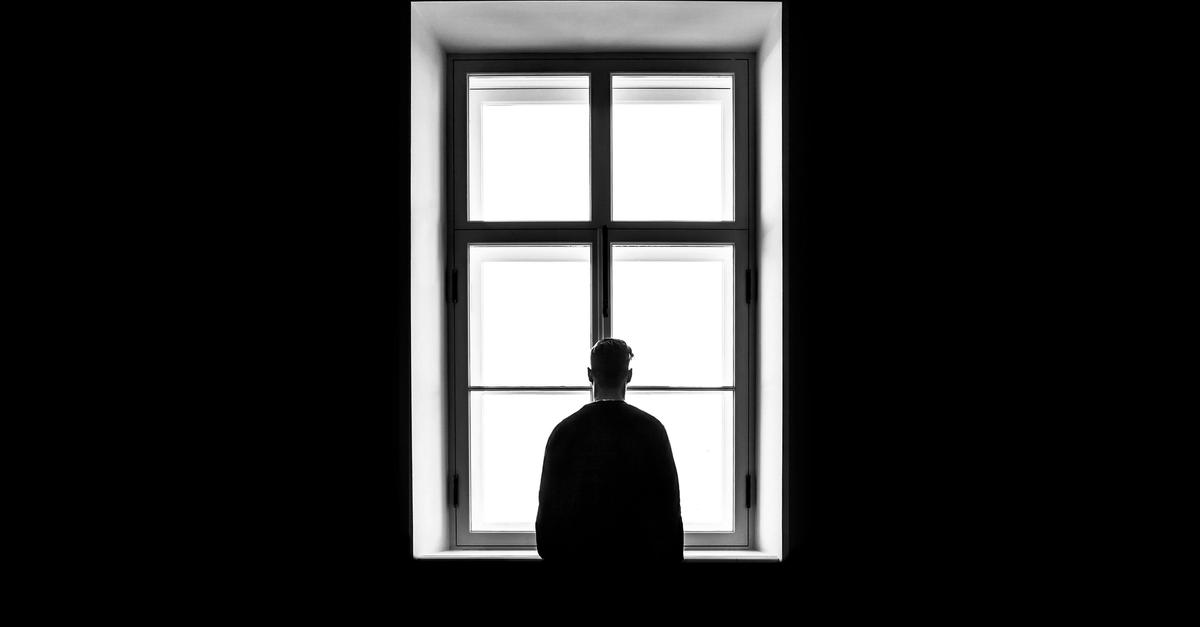Share
What is Debt Depression?


This is a great question and almost akin to “what came first, the chicken or the egg?”. Often times people with extenuating debt already have already had some type of outsized life change or hardship which triggered the debt to occur in the first place (most commonly medical hardships, divorce, financial hardship/unemployment, death in the family, etc.). The issue here, lies in the fact that debt and therefore debt depression, both deliver their own negative feedback loop. Having high amounts of debt can definitely lead to depression and feelings of being trapped but many often forget this really is just the “icing on the cake” and is compounded by the circumstances that caused the debt to accrue in the first place.
What Are Triggers?
Triggers can be case specific, but the most common consumer trigger is simply looking at your statement or bank account. Seeing a majority of your money going towards debt makes many consumers feel like their future is nonexistent. And this self-fulfilling prophecy really just compounds the depressed feelings many already feel.
Many consumers experience these feelings because they feel like their future is hopeless. When you borrow money, you are essentially stealing from your future self, so having a high debt load will lead to the same feeling except it just becomes that much more multiplied.
Is Debt Depression Similar to Clinical Depression?
Symptoms of debt depression can be very similar to clinical depression but they most commonly include “numb-spending” and a general “lack of care” about finances. The main difference between the two is that it’s a lot of harder to fix the issue and combat the depression since it is so highly dependent on an exogenous factor (i.e. the debt and your financial situation). Debt depression can sometimes be worse than clinical depression, since the solution is not always viable, financially speaking. Unless you find a way to get ahead financially you might feel like you're stuck in a vicious cycle.
Are There Long-Term Side Effects from Not Treating Debt Depression?
Yes, there can definitely be long term negative effects, especially if you tend to carry high interest credit card debt. At some point, your debt may get so bad that compounding interest leaves you treading water and all your disposable income is going towards debt repayment. This is not a healthy situation, neither financially or emotionally and debt can have a serious impact emotionally and psychologically. Symptoms can absolutely improve if the individual creates an actionable plan to get out of debt. Many individuals that pay down debt feel a tremendous weight lifted off their shoulders and that itself can help the individual exit their depressed state.
How to Treat Debt Depression
The first step is to always identify the root cause of the problem and try to organize your finances. If you don’t understand the problem (whether it’s emotional or financial) you should not expect to find a viable solution. Understanding whether you are purchasing things on Amazon when inebriated or undergoing serious financial hardship is extremely important to creating an actionable plan to get out of debt.
If increasing income is not a viable option you should look towards cutting expenses when possible (this can be extremely hard, especially when experiencing the numbness from depression) but it can help you with your situation if you stick to it!
Otherwise, after evaluating your financial situation, you might want to consider getting outside help with your finances. This can mean relying on family or friends for help (often ill-advised), looking to settle your debts with a debt relief company, or even filing for bankruptcy (if you qualify).